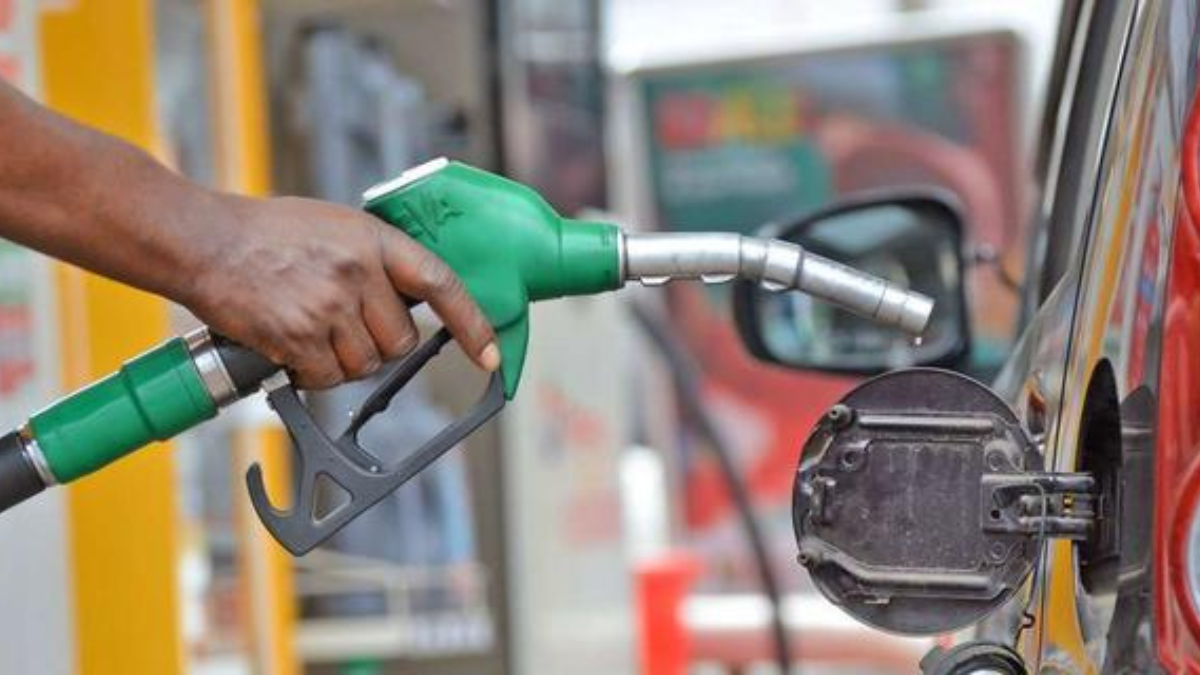The Nigerian government has finally admitted to initial claims of the reintroduction of fuel subsidies after months of denials. According to the government, fuel subsidies are expected to cost over N5.4 trillion in 2024 compared to the N3.6 trillion spent for the same intervention in 2023.
In his inaugural speech on May 29, 2023, President Bola Tinubu said that the gasoline subsidy “is gone.”
In April, former Kaduna state governor Nasir el-Rufai claimed that the federal government is now spending more on gasoline subsidies than it did in the past.
“It is a right policy. I have always supported the withdrawal of oil subsidies; but in the course of implementing the policy, the government realised that subsidy has to be back; right now, the government is spending a lot of money on subsidies, even more than before,” el-Rufai said.
In a swift reaction to el-Rufai’s claim, the state oil firm, the Nigerian National Petroleum Company Limited (NNPCL) and the government’s Ministry of Petroleum Resources declared that the numerous assertions made by various people and organizations regarding the purported reinstatement of subsidies on Premium Motor Spirit, also known as petrol, are untrue.
“The President removed the subsidy and it remains removed till today. Anybody who is saying that subsidy is being paid, it is left for the person to bring the facts and then we will talk about them,” stated the minister for state for petroleum resources, Heineken Lokpobiri in an interview.
In contrast, however, the government a draft copy of the Accelerated Stabilization and Advancement Plan (ASAP) report that Finance Minister Wale Edun gave to President Tinubu on Tuesday revealed that fuel subsidy spending is expected to reach N5.4 trillion in 2024, a staggering N1.8 trillion higher than in 2023. Before President Tinubu’s announcement on May 29, 2023, that the controversial petrol subsidy was eliminated, the government had insisted that it existed.
There has been back and forth on the best way to handle the policy’s consequences between organized labour and the government since the fuel subsidies were removed.
On the effect of the re-introduction, the International Monetary Fund (IMF) stated last month that it expects the quiet reinstatement of fuel subsidies by President Bola Tinubu’s administration to use up roughly half of its projected oil profits for this year. The World Bank has also insisted that Nigeria’s economy requires more measures despite recent policies around currency reforms and the removal of petrol subsidies stressing that the country must control inflation and stabilise its foreign exchange market to boost growth in Africa’s largest economy.
“At current rates, expenditure on fuel subsidy is projected to reach N5.4 trillion by the end of 2024. This compares unfavourably with N3.6 trillion in 2023 and N2.0 trillion in 2022,” the report said.
Wale Edun, the Minister of Finance and Coordinating Minister of the Economy, previously stated that the elimination of fuel subsidies is a continuous process that is dependent on several variables.
According to Edun, the government is making efforts to guarantee that fuel subsidies are eliminated from the nation’s economy. He also stated that the government’s current policy orientation places a greater emphasis on the use of compressed natural gas, or CNG, as a source of energy.
“It is a combination of pivoting away from petroleum imports. Now, we are focusing more on CNG.
“It is an ongoing conversation, it is an ongoing process of ensuring that fuel subsidy that fuel subsidy is eliminated from the Nigerian economy, that is what Mr. President intent is and that is what is being worked towards,” Edun said.
Petrol subsidy removal has been a divisive topic for a few months due to rising crude oil costs and declining currency rates. Some critics argue that some gasoline subsidies remain in place even though removal talks have been ongoing.
According to many observers, the federal government has reinstated the gasoline subsidy after it was removed on May 29, 2023. Nasir El Rufai, the former governor of Kaduna State, for example, said that the federal government was now spending more on petrol subsidies than it had in the past.

